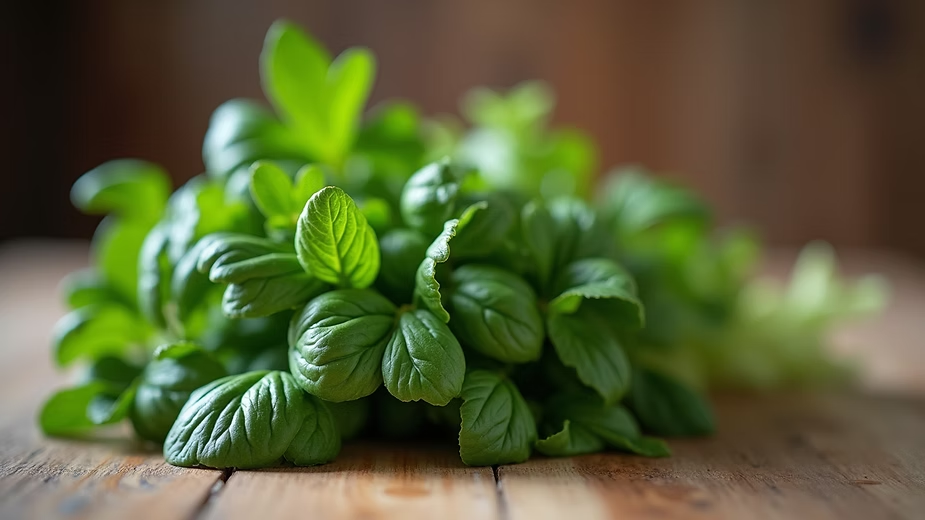What Your Gut Is Trying to Tell You About Your Health and Happiness
Your digestive system does so much more than just break down food. In fact, your gut is a central hub of energy, immunity, and balance. It’s where nourishment begins, and where many health concerns silently take root.
Did you know? Up to 70% of your immune system is housed in your gut. Your digestive health plays a powerful role in how well your body can fight off illness, inflammation, and even chronic stress.
More Than a Food Processor: Your Gut’s True Role
Your digestive system converts food into fuel for every organ system in your body. Without strong digestion, nutrients aren’t properly absorbed, energy drops, and imbalances arise—often long before symptoms appear. Take bloating, for example. A recent survey indicates that 30% of individuals regularly experience this discomfort, often indicating food intolerance or imbalances in gut bacteria.
Think of your gut as a translator between what you eat and how you feel. Issues such as fatigue, brain fog, skin problems, and mood swings can often trace back to digestive dysfunction. Studies have revealed that people with consistent digestive issues are 50% more likely to report anxiety symptoms.

Ancient Wisdom Meets Modern Science
Our ancestors understood what we are rediscovering today: food is medicine. Long before herbs spiced up our meals, they were used for their healing properties—especially for digestive health. Here are a few timeless culinary herbs that still pack a punch today:
Ginger
This spicy root has been used for centuries to soothe upset stomachs and improve digestion. Recent studies suggest that ginger can reduce nausea by up to 40%, making it a popular remedy for morning sickness and motion sickness alike.
Peppermint
Often found in soothing teas, peppermint relaxes the muscles of the gastrointestinal tract, easing discomfort. Research indicates that peppermint tea can significantly relieve bloating and gas after meals, making it a gentle advocate for digestive health.
Fennel
Fennel seeds are famous for relieving gas and bloating. Chewing on several seeds after meals can help your digestion while freshening your breath. In fact, studies show that fennel can reduce bloating by about 30% in some individuals.
Gut Health & Hormones: Why Women Need to Pay Attention

Estrogen, progesterone, and cortisol all influence digestion. Women often notice changes in their gut during pregnancy, menstrual cycles, and perimenopause. These changes can lead to food sensitivities, constipation, or sudden nausea. Research shows that over 60% of women report digestive issues that fluctuate with their hormonal cycles.
A happy gut helps balance hormones, absorb essential nutrients like iron and calcium, and regulate inflammation. It serves as your internal support system for resilience in daily life.
Signs of Digestive Dysfunction
So, how do you know if your gut is trying to tell you something? Here are some signs to watch for:
- Bloating: Feeling like a balloon after meals? This may signal that your body struggles to digest certain foods.
- Fatigue: If you’re constantly tired, it might not just be lack of sleep. Poor digestion can lead to nutrient deficiencies, leaving you feeling drained and lethargic.
- Skin Issues: Conditions like acne or eczema might be tied to gut health. A healthy digestive system often reflects clear, vibrant skin. Research shows that improving gut health can reduce acne lesions by 50%.
- Mood Swings: Ever feel irritable after junk food? The gut-brain connection is real. What you eat can directly impact your mood—it’s estimated that 90% of serotonin (the feel-good hormone) is produced in the gut.
- Constipation or Diarrhea: Irregular bowel movements signify that your digestive system might be out of balance due to diet or stress. Nearly 20% of the population experiences chronic digestive issues, highlighting the importance of gut health.
Boosting Your Gut Health
Improving digestion may be easier than you think. Here are some straightforward ways to enhance your gut health:
- Stay Hydrated: Aim for at least eight 8-ounce glasses of water each day. Proper hydration supports digestion and nutrient absorption, making a big difference in how you feel.
- Limit Processed Foods: Opt for whole foods that your gut can easily break down. Try incorporating more fruits, vegetables, and whole grains in your meals—these foods are often rich in fiber, which supports gut health.
- Experiment with Probiotics: Foods like yogurt, kefir, and fermented vegetables can help promote gut flora diversity. Research shows that regular intake can improve digestive stability by up to 50%.
- Mind Your Gut: Engage in mindfulness techniques like deep breathing or meditation. Reducing stress can positively affect your digestion and overall gut health.

In Summary
Your gut does a lot more than just process food; it communicates vital information about your overall health and happiness. By listening to your body and understanding what your digestion is telling you, you can make informed choices that support your well-being.
A colorful display of fresh produce supporting gut health
Being aware of how you feel and what your digestive system communicates can be key to achieving better health and finding inner balance. So, the next time your tummy speaks up, take a moment to listen—it could lead you toward improved vitality and happiness!
A colorful display of fresh produce supporting gut health
Final Thoughts
Our digestive health is integral to our overall well-being. By nourishing your gut with right foods, staying hydrated, and understanding its signals, you can cultivate a healthier lifestyle. Remember, a happy gut not only supports your body; it enhances your mood, energy, and resilience. Keep those gut feelings in mind; your body will genuinely appreciate it.
At True Harmony, we believe every woman deserves to feel in tune with her body. If you’re experiencing signs of digestive imbalance, or if you simply want to understand how your gut connects to your hormones and overall well-being, we’d love to support you.
Book a consultation today and discover personalized care that honors your body’s unique journey—at every stage of life.
